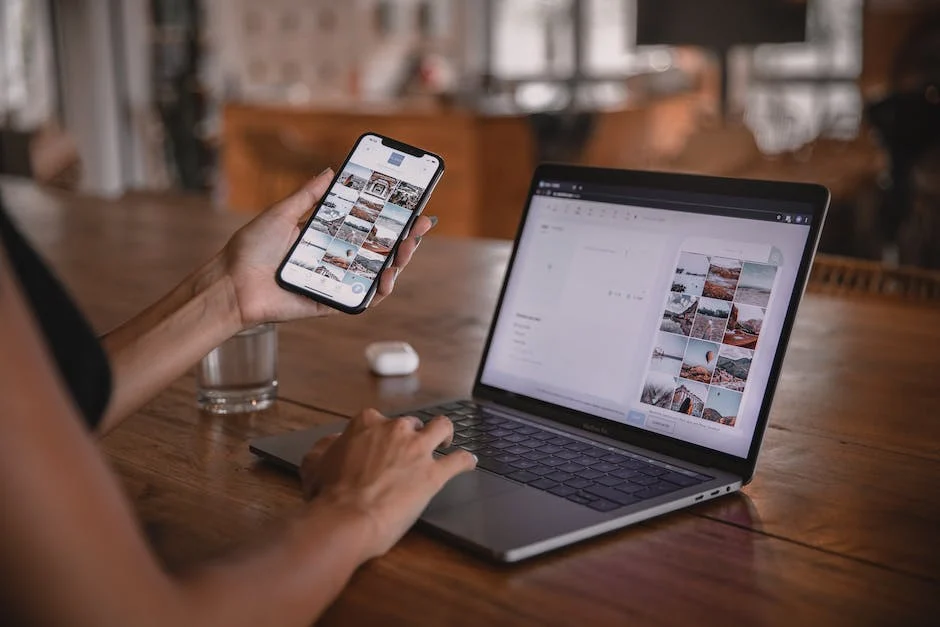There is no standard length for a resume. It depends on what position you are applying for, who will review your resume, and how much information you want to include. Some employers may even ask to review two or three copies of your resume!
Many career experts agree that if your resume is longer than one page it can look messy and confusing. Many professionals also believe that having too many bullets and sub-bullets makes your resume seem busy which does not help show off your skills.
Some people recommend using only about two pages due to time constraints. You should make sure your experience matches the job posting though as some positions do not require any specific experiences.
To be clear, we are not saying that there is never a reason to use a long resume. We are just suggesting that it is not essential unless the employer specifically asked for it.
A page just might be enough

In the age of the internet, it is easy to cut down on how long you put onto your resume. With all sorts of social media sites creating opportunities for you to share your professional experiences, people have learned to be more creative in what they include on their resumes.
However, being selective about what information you include on your resume will help ensure that potential employers do not perceive you as too casual or informal around others.
By including the right amount of detail, people can see that you are honest and trustworthy – traits that are important to employers.
Typically, most professionals keep a resume that is one page. A one-page resume is usually enough if you ensure it is well-written and includes proper introductions such as a career summary and education.
Include your educational background

As we mentioned before, keeping it simple is always best when doing anything that seems too fancy or professional-looking! When creating and editing your resume, keep it short and sweet, and include only those you are sure of.
Your educational history is one of the most important parts of your resume, so make sure to add it properly.
Please don’t put off including this information unless you don’t have any proof of it, as employers will expect it. Don’t lie about it, even if you think it can be omitted – it won’t!
Including false info could hurt you later in an interview, or worse – disqualify you completely.
So what should you say? We suggest being truthful but not overly detailed. For example, instead of just “Bachelor’s Degree in Business Administration with a concentration in Marketing”, just say “Marketing”.
Also remember that while academic degrees matter, they do not necessarily indicate skill proficiency. What employers care about is whether or not you learned something from the school you attended and whether you could use those skills in real life.
Make it appealing and professional

Your resume is one of your most powerful marketing tools. People will read yours many times over throughout your career, so make sure you’re giving them good content.
Your CV or resume is usually limited to one or two pages, making it a very small space to tell your story. You can use the spaces beyond the page limit for additional images or even bullet points that expand off the page.
These bullet points can be related to each other or different from the main point – they just have to link back to something in the main body. Use these to emphasize important skills or achievements that don’t fit onto the original two pages.
And don’t forget, people reading your CV may look online sometimes! Avoid overly casual styles and instead, stick to formal ones.
Test it

One of the things you can do to determine how long your resume should be is to test it out! Try having it as short or long as you usually would and see how well it works. If you are very comfortable with it, you can keep it that way!
Some employers may want a shorter version of your resume, so if you feel like yours is too long, try editing it and cutting some content or even deleting things about yourself. Just make sure you remain consistent in tone and theme!
Remember, no matter what length your resume is, there is an appropriate amount of time needed to send it! Generalist resumes take around one to two minutes to review, but more specific ones require less time, especially when they’re short.
Generalists give you the opportunity to showcase who you are as a person, while specialists show off their knowledge and skill sets.
Edit it

A lot of people start with the assumption that your resume should be two pages – but that’s not always the case! Some employers will only look at a short, one-page document, while other companies expect to see a longer, more elaborate version.
Many professionals have their own personal preferences for how long they like their resumes to be. So, what are we telling you to do? Simply edit yours down until it is just the length that you feel best matches the length of your cover letter and introduction.
That way, you’ll know if you need a shorter or longer document than you would normally create. If so, you can either include less content or cut out unnecessary sections of your current draft.
Personalize it

A resume is not one size fits all, so do not use this as an excuse to not make your own version! If yours is too long or does not clearly state who you are and what you have done, then it can become very confusing for the interviewer.
Your personal profile should include your full name, contact information, up to three relevant professional experiences (no more than two years old), educational background, and references.
After that, get into the habit of creating a separate document for each new position you are applying for. Make sure each item on your current resume matches what is listed in your new job description!
Keep seeking out knowledge and developing your skills to keep yourself top-of-the-list when employers ask for your resume.
